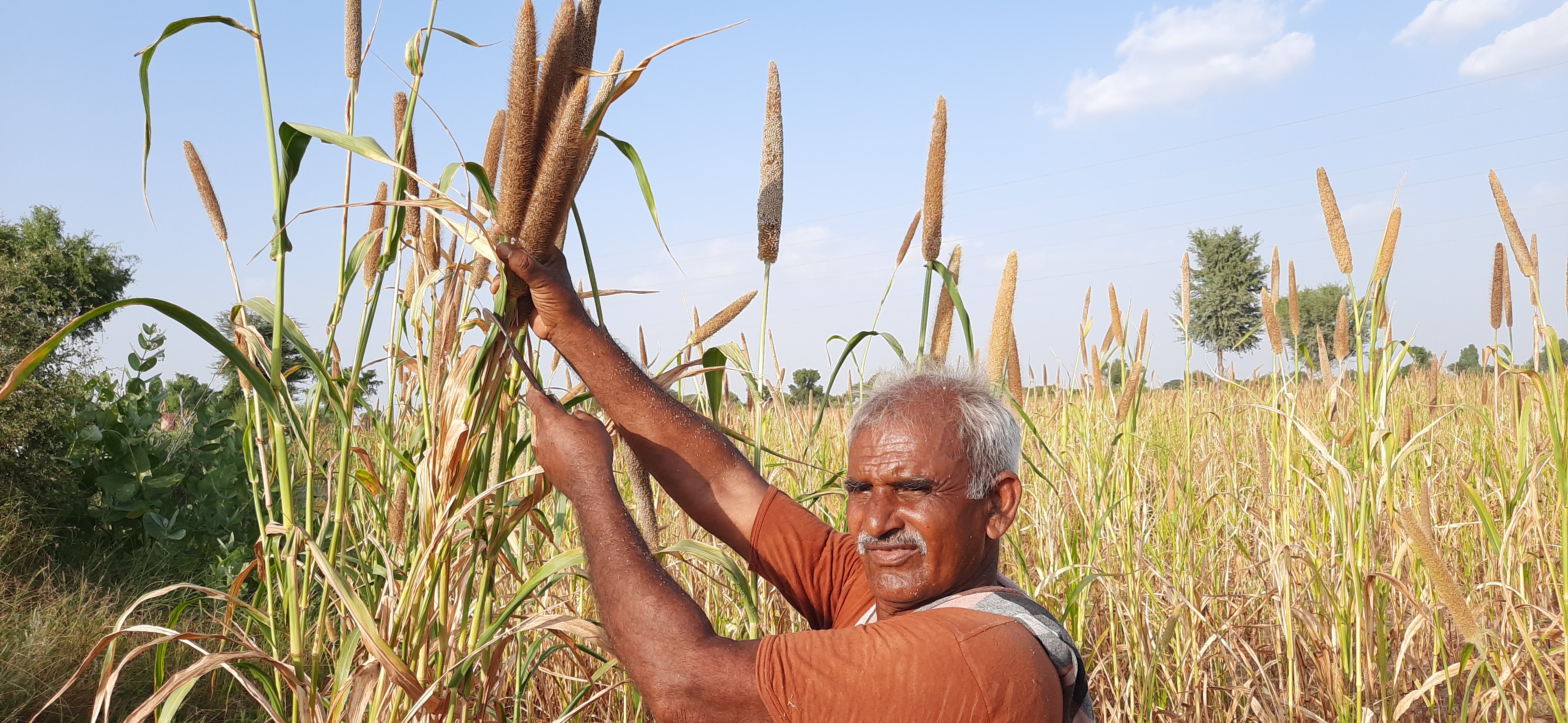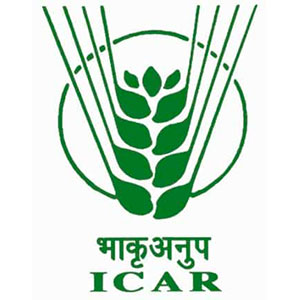On May 19, 2023, the Agriculture University of Jodhpur hosted a workshop titled “Traditional Grains of Selected Arid Crops – Use and Future Scope.” The event marked the successful conclusion of a six-year initiative aimed at providing sustainable solutions to farmers in Western Rajasthan. The project, “Mainstreaming Agricultural Biodiversity Conservation and Utilization in the Agricultural Sector to Ensure Ecosystem Services and Reduce Vulnerability,” was a collaborative effort between Bioversity International, CIAT, and ICAR, with technical support from AUJ, CAZRI, and ACRIP, and funding from UNEP/GEF.
The workshop featured key stakeholders, including local farmers who directly benefitted from the project, alongside experts such as J.C. Rana (Country Director, Bioversity International), Dr. V.K. Pandey (Assistant Director, Agriculture Research Station), Prof. B.R. Choudhary (Vice President, Agriculture University of Jodhpur), and Mr. R. Kumar (Project Coordinator, GRAVIS). In their addresses, the speakers highlighted the project's impact and underscored the importance of adopting indigenous seed varieties and traditional farming techniques to promote sustainable agriculture in Western Rajasthan.
Project Achievements and Impact
The core objective of the project was the conservation and utilization of agricultural biodiversity to enhance resilience in agriculture and ensure sustainable production. This was realized through the cultivation of indigenous crops and varieties within traditional production systems. These practices have been proven to improve soil fertility, boost crop yields, enhance human health, and contribute to overall ecosystem stability.
GRAVIS, the implementing partner, selected 20 villages across the project area to pilot and scale up these interventions. Over the course of six years, approximately 600 farmers benefited from access to seeds of landraces from seven key crops: pearl millet, sesame, moth bean, mung bean, mustard, cumin, and chickpea. Additionally, around 400 landraces were collected from various regions of Rajasthan and tested in farmers’ fields to assess their viability and productivity.
Looking Ahead: The Future of Indigenous Agriculture
As the project concludes, its outcomes demonstrate the potential of traditional farming practices in addressing modern agricultural challenges. By leveraging indigenous crops and seed varieties, farmers can build resilience against climate change, improve food security, and sustain local biodiversity. The workshop emphasized the need for continued investment and policy support to further integrate these practices into mainstream agriculture.
With the success of this initiative, there is a growing momentum to scale up such interventions and empower more farming communities across Rajasthan and beyond. The project serves as a model for how agricultural biodiversity can be harnessed to create sustainable and resilient food systems for the future.






